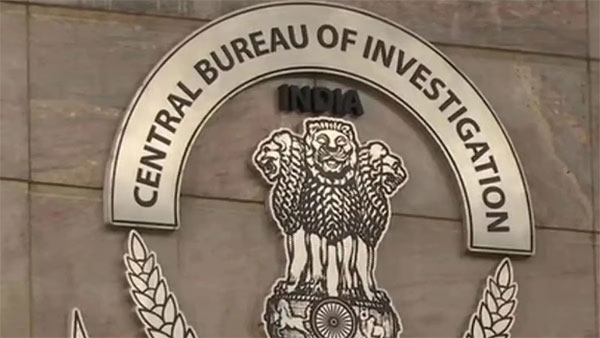Daijiworld Media Network - New Delhi
New Delhi, Jul 16: In a sweeping anti-cybercrime operation, the Central Bureau of Investigation (CBI) on July 16 conducted simultaneous raids across seven states—Delhi, Bihar, Madhya Pradesh, Kerala, Punjab, Andhra Pradesh, and Rajasthan—as part of its intensified ‘Operation Chakra-V’ crackdown.
The agency arrested three individuals for allegedly operating and facilitating mule bank accounts used to launder money obtained through various cyber fraud schemes. The raids led to the seizure of a significant volume of incriminating materials, including mobile phones, bank transaction records, account opening forms, and KYC documents.

This operation marks the second major phase of the investigation, following a series of searches on June 26 and 27, which resulted in the arrest of 10 accused from 40 different locations. The investigation began on June 25 after a case was registered against 37 people, including bank officials, agents, and mule account holders, all allegedly part of a syndicate working with cybercriminals.
The CBI revealed that the arrested suspects were linked to a range of cybercrimes, including digital arrest scams, impersonation frauds, fake advertisements, and investment scams, where laundered money was routed through these mule accounts.
In its statement, the CBI outlined a three-pillar strategy in its fight against cybercrime:
1. Financial Infrastructure – targeting mule bank accounts, illicit payment gateways, and fintech platforms misused by criminals.
2. Telecom Infrastructure – focusing on illegal SIM cards, point-of-sale (PoS) agents, and SIM activation networks.
3. Human Resource Networks – tackling organized syndicates involved in recruiting and exploiting individuals for executing cyber scams, including cyber slavery operations often run from outside India.
The agency emphasized that this is part of a broader push by the Government of India to dismantle the underlying systems that fuel cybercrimes, with more arrests and seizures expected as the investigation progresses.
The arrested individuals will be presented before a jurisdictional court, and further action will follow based on leads obtained during the raids.